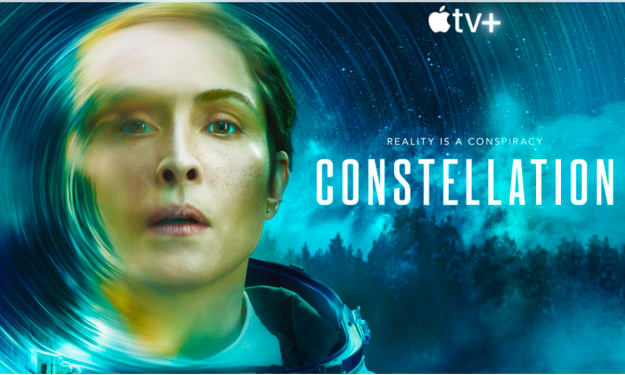Hypothesis. Thesis. Synthesis.
Taking notes during lectures? Stop.

Clickbait articles are a dime a dozen. We've all become used to ignoring the all too common phrases "one weird trick" or "[insert profession here]s hate him!" - sometimes even both.
A trusted colleague of mine handed me an article recently with that throwaway-quality title. It seemed immediately like something not fit to be given a moment of my time - but, as I said, I trust this colleague. I was painfully dubious of "The 30 Second Habit That Can Have a Big Impact On Your Life". Even writing it now... it sounds just awful.
In her horribly titled article, Robyn first acknowledges what we all know, deep down in our livers. There are no real quick fixes. If you’re seeking that, you’re effectively preventing yourself from actually progressing. She impresses a concise, insightful piece of invaluable advice. I'm going to attempt to "synthesise the thesis" here. The difference being that I have given you the name of who I got it from — and I'm asking that you read her article. She never does give the name of her adviser within the words of her article, and somehow that makes it hold even more impact, to me.
Immediately after every lecture, meeting, or any significant experience, take 30 seconds — no more, no less — to write down the most important points.
Let's look at this scientifically...

By Dreamfish - Own work, CC BY-SA 2.0
In my immersive research into the science of learning — an attempt to learn how to learn, which began as a need to overcome attention deficits made un-treatable by comorbidity with bipolar disorder — this advice rings true.
If you learn a skill or concept while in the highly focused, fully attentive state of mind suited for study or active listening, and then turn around and apply it without reference, it will naturally "chunk". To get a quick notion of what chunking is, look up a phone number you don't already know. Now, grab a piece of paper and write it down without looking again. You already know how phone numbers are written, so your mind doesn't need to hold seven or ten digits individually, but three or four chunks instead. Another example you're already used to is the alphabet. Listing each of the 26 characters would be difficult, except you hold the entire thing as one single chunk. Those of you with any programming experience will recognize a chunk as a library or function that can be used over and over again once it's been built.
Robyn's breakdown is fantastic. Much better than what I'm about to attempt.
Writing isn't at all the same thing as comprehending. When you take detailed notes at a meeting or lecture, what you are accomplishing is the movement of hands over a sheet of paper. That actually undermines the potential to build long-term memories and readily usable chunks. At worst, it creates an illusion of competency, something I'll be writing more about in future articles. In this Google-drugged modern world, practically everyone is guilty of falling for it. Of course we are! The mind is energetically frugal. Or, in other words, you're lazy. If you can reference, you won't actually spend the energy to duplicate it in your head.
The point to taking exactly thirty seconds after the lecture, or whatever it may be, to jot down the bits that struck you as most significant is that you're forced to synthesize the information. In order to synthesize, you first have to comprehend. What you learned is made solid, and given importance. You aren't simply recalling the words that were said to you, you're reinforcing and using the mental pathways attached to the meanings. The effect is actually how addiction works, and why it's so hard to unlearn an addiction.

It's difficult and tiring to delve into any significant mental undertaking; Exhausting, even. An F-MRI shows that the brain will actually cause you to feel a type of physical pain if you need to do something you'd rather not. When referencing everything ever known is a click away, it's pretty difficult not to. It's worth doing it the hard way; just start, and it will flow from there.
Focus isn't terribly important in this method of learning, and that's good for those of us with attention or focus problems. What we're aiming for is a synthesis of brand new information. The best and most useful way of doing that is to get a more diffuse, "big picture" mindset. Wait until the lesson is over, and write down what you do remember (better if it's paraphrased). Be quick about it, and don't get caught up in the minutia. Your brain has just gone down a new path, and that's great — you just need to reinforce that path.
Ask questions and get involved if possible. Remember, at the end of the experience, you're going to have a thirty-second "quiz". By asking questions, you'll be engaged and invested in what's being said, and you'll be forced to actually conceptualize what you're asking about.
If you enjoy my articles, you might want to follow Robyn Scott’s twitter.
About the Creator
Casey Parker
I'm a very cerebral person, with an eclectic history of jobs, projects, and studies. I've been everything from a C-level executive (which I hated), to a bottom level peon (which I enjoyed). Learn from somebody else's experience!






Comments
There are no comments for this story
Be the first to respond and start the conversation.